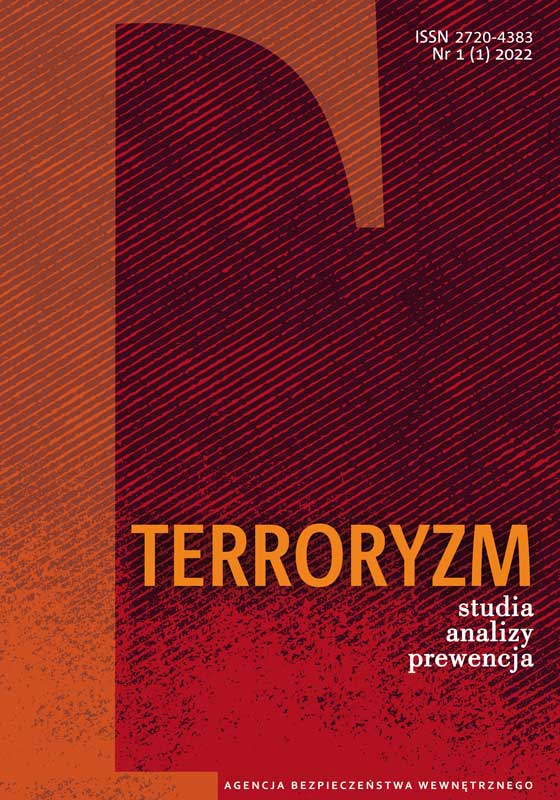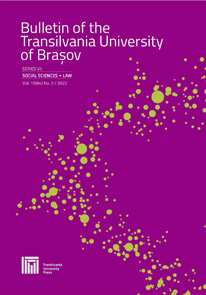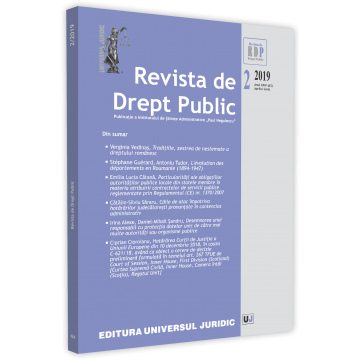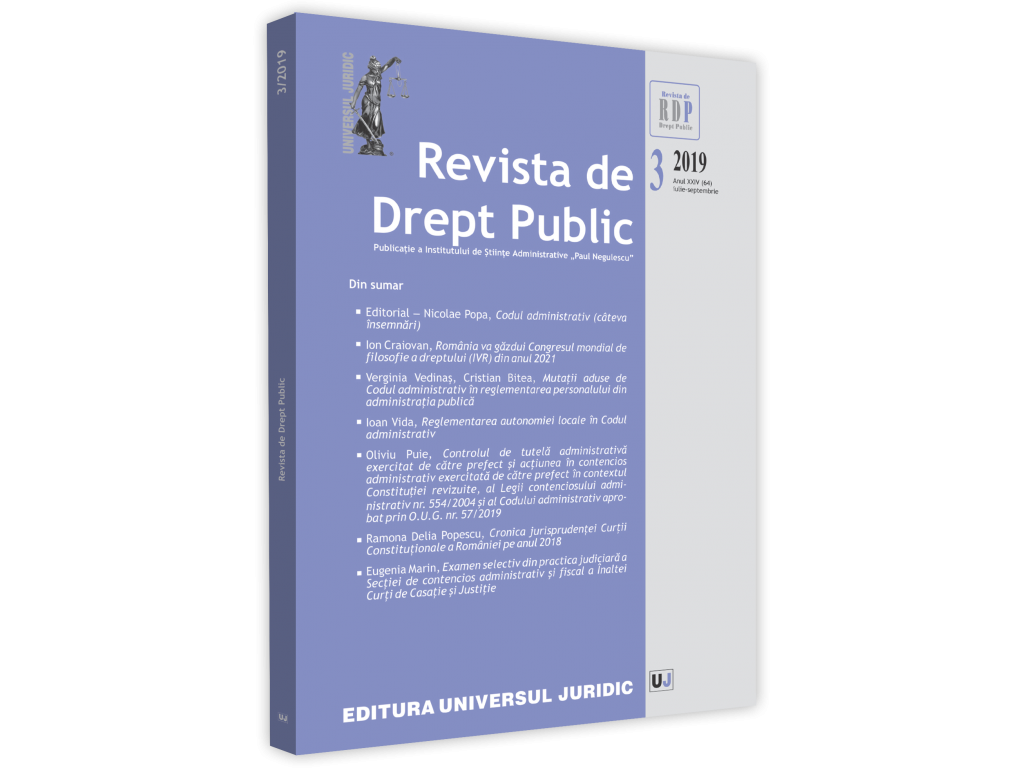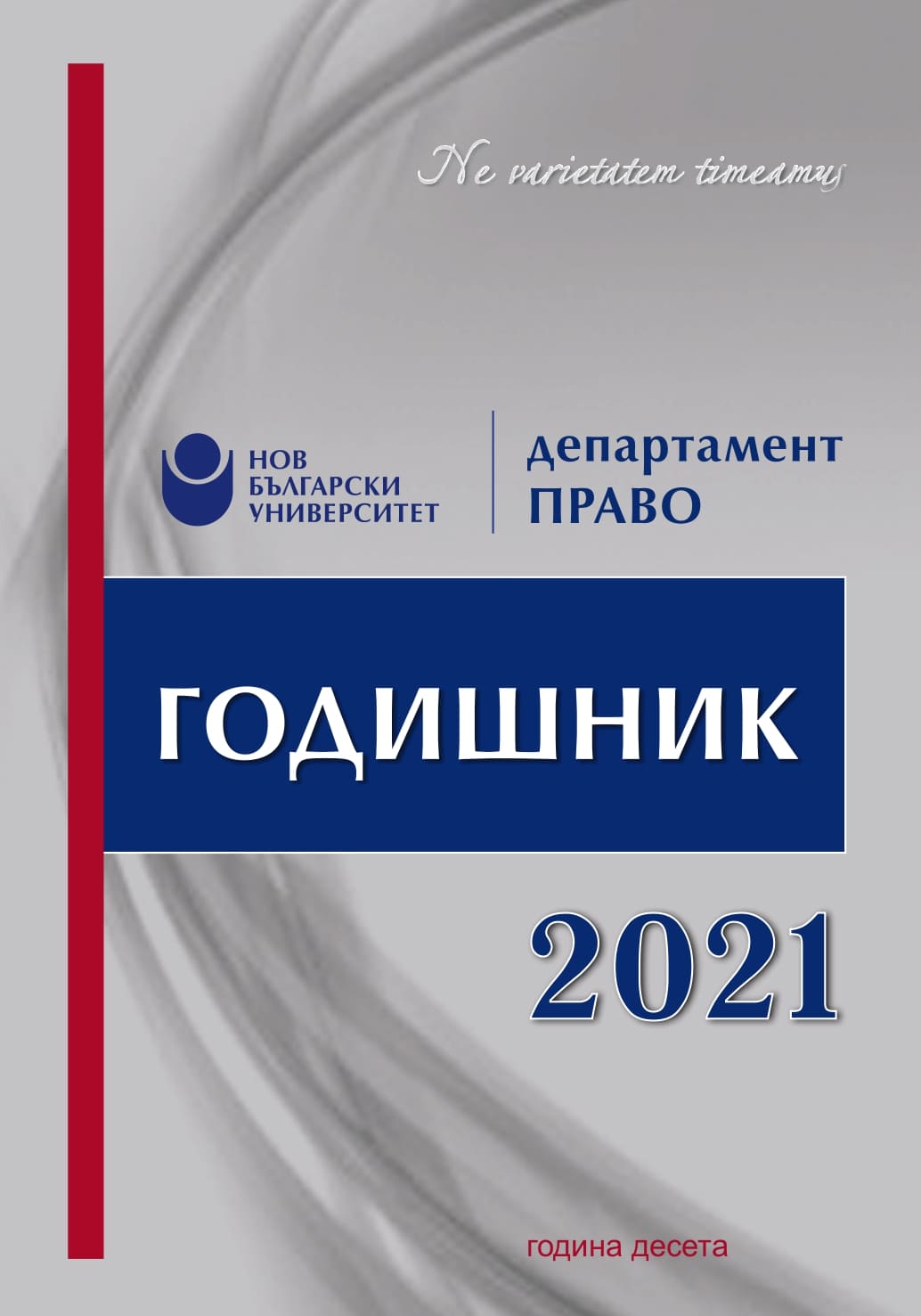Author(s): Árpád Egyed / Language(s): Romanian
Issue: 03/2019
The identification of the legal basis for the evaluation of the professional performance of civil servants, in general, and, in particular, of the secretary of the administrative territorial entity (hereinafter abbreviated as a.t.e.) in Romania, as a result of the amendments and completions of the professional performance evaluation procedure by Law no. 24/2019, have not only allowed us to analyse these aspects by the terms of public management and administrative science, but also to undertake a brief comparative survey of the situation in Romania and that of the European Economic Area as well. The unconstitutional regulation – as we affirm –, due to the lack of predictability of the legal provisions regarding the procedure of evaluating the professional performance of the secretary of the a.t.e. in Romania, has created the premises for exercising with excessive power the discretion of the president of the county council, or of the mayor of the a.t.e. regarding the evaluation of the professional performance of the secretary of the a.t.e.; thus it can serve as a possible basis for annihilating its stability in office. Whereas the primary effect of the secretary’s stability in office must be precisely the assurance of legality regarding the activity of the local public administrative authorities, legality for which the legal liability has been transferred entirely to the secretary of the a.t.e. by Law no. 140/20171, while this assurance of legality needs to remain strictly professional, without any political bias or illegal interference, and without any abuse or excess of power from local elected representatives. The regulation, with the help of legal norms of the possibility of excess of power when exercising the discretion of the evaluator president of the county council or of the mayor of the a.t.e. when evaluating the professional performance of the secretary of the a.t.e. has also created the unconstitutional and absurd situation in which the secretary of the a.t.e, who in spite of having the legal powers to exercise a priori control of the administrative acts of the county council, of the president, or of the mayor of the city, is being evaluated in terms of professional performance by the evaluator president of the county council or mayor of the a.t.e, that is, exactly by those, who are controlled by the very same secretary as regarding the legality of their acts. In order to eliminate the unconstitutional situation created by regulating the procedure of evaluation of the professional performance of the secretary of the a.t.e in accordance with the rules introduced by Law no. 24/2019 in the Civil Servants' Statute, we made the proposal to urgently amend these provisions and to assign the evaluation of the professional performance of the secretary to a commission consisting of three professionals with proper professional backgrounds, having senior experience in a specialized position with managerial responsibilities, that is, with the equivalent conditions of the requirements for fulfilling the function of secretary at the county, municipality, town or commune levels, in accordance with Law no. 188/1999, republished with the subsequent modifications and completions. Furthermore, these professionals shall be appointed by order of the President of the National Agency of Civil Servants for a term of three or five years, and one of them shall be delegated by the Agency just mentioned, one by the Prefecture of the respective county, and one representative shall be nominated by the professional association of the secretaries of the corresponding level, that of counties, municipalities, towns or communes in Romania. Regarding the other procedural aspects, they shall be regulated similarly to those stipulated by the aforementioned organic law for senior civil servants. We have the firm conviction that the true purpose of the law on the evaluation of professional performance can be achieved, but on one hand, only after eliminating the unconstitutionality of the legal provisions analysed in this study regarding the procedure for assessing the professional performance of the secretary of the a.t.e. in Romania, and on the other hand, with the total respect of the stability of the secretary’s function, since the stability in office of the secretary should be a guarantee for ensuring the legality of the local public administrative authorities’ activities, and consequently, for the implicit strengthening of the rule of law in Romania.
More...
